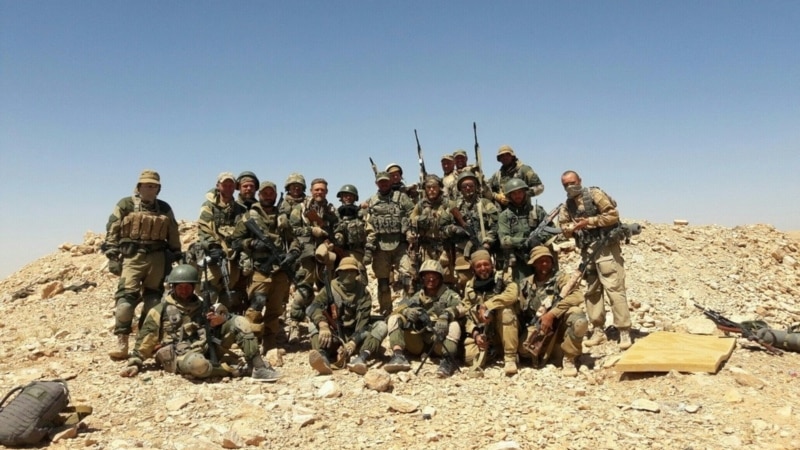
The Wagner Group, the private Russian military company, took delivery of an arms shipment from North Korea to help bolster Russian forces in Ukraine, a sign of the group’s expanding role in that conflict, the White House said on Thursday.
Wagner owner Yevgeny Prigozhin denied the assertion as “gossip and speculation.”
John Kirby, spokesperson for the White House National Security Council, said Wagner was searching around the world for arms suppliers to support its military operations in Ukraine.
“We can confirm that North Korea has completed an initial arms delivery to Wagner, which paid for that equipment. Last month, North Korea delivered infantry rockets and missiles into Russia for use by Wagner,” he told reporters.
The Wagner Group was founded in 2014 after Russia seized and annexed Ukraine’s Crimean Peninsula and sparked a separatist insurgency in Ukraine’s eastern Donbas region.
The United States estimates that Wagner has 50,000 personnel deployed in Ukraine, including 10,000 contractors and 40,000 convicts recruited from Russian prisons, Kirby said.
Prigozhin, a close ally of Russian President Vladimir Putin, said Kirby had a habit of making statements based on conjecture.
“Everyone knows that North Korea has not been supplying any weapons to Russia for a long time. And no such efforts have even been made,” he said in a statement.
“Therefore, the supply of weapons from North Korea is nothing but gossip and speculation.”
The U.S. assessment is that the amount of material delivered by North Korea will not change the battlefield dynamics, but that more military equipment is expected to be delivered by Pyongyang.
In November, after the White House said Pyongyang was covertly supplying Russia with a “significant” number of artillery shells, North Korea said it had never had arms dealings with Russia and had no plans to do so.
The Russian and North Korean U.N. missions did not immediately respond to a request for comment.
The United States accused Pyongyang and Moscow of violating U.N. sanctions on North Korea and will share its information with the U.N. Security Council’s North Korea sanctions committee, U.S. Ambassador to the United Nations Linda Thomas-Greenfield said in a statement.
Pyongyang has built ballistic missiles capable of striking almost anywhere on Earth, weapons experts say, as well as shorter-range weapons.
Kirby said Putin has increasingly turned to the Wagner Group for help in Ukraine, where Russian forces have stumbled. The European Union has imposed sanctions on the group, accusing it of clandestine operations on the Kremlin’s behalf.
Putin has said the group does not represent Russia, but that private military contractors have the right to work anywhere in the world as long as they do not break Russian law.
Sanctions on Wagner
The Biden administration on Wednesday unveiled new curbs on technology exports to the Wagner Group. More sanctions are coming in the weeks ahead against the company and its support group in countries around the world, Kirby said.
Prigozhin is spending more than $100 million per month to fund Wagner’s operations in Ukraine, but has encountered problems recruiting Russians to fight there, Kirby said.
The Wagner Group, staffed by veterans of the Russian armed forces, has fought in Libya, Syria, the Central African Republic and Mali, among other countries.
U.S. intelligence indicates Wagner has played a major role in the battle for the Ukrainian city of Bakhmut and has suffered heavy casualties there with about 1,000 Wagner fighters killed in recent weeks, Kirby said.
Inside Russia, Prigozhin’s influence is expanding, and his group’s independence from the Russian Defense Ministry “has only increased and elevated over the course of the 10 months of this war,” Kirby said, without providing evidence.
Kirby said that in some instances, Russian military officials in Ukraine were subordinate to Wagner forces.
In addition, Prigozhin has criticized Russian generals and defense officials for their performance since the invasion.
